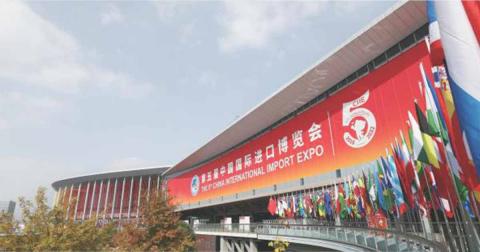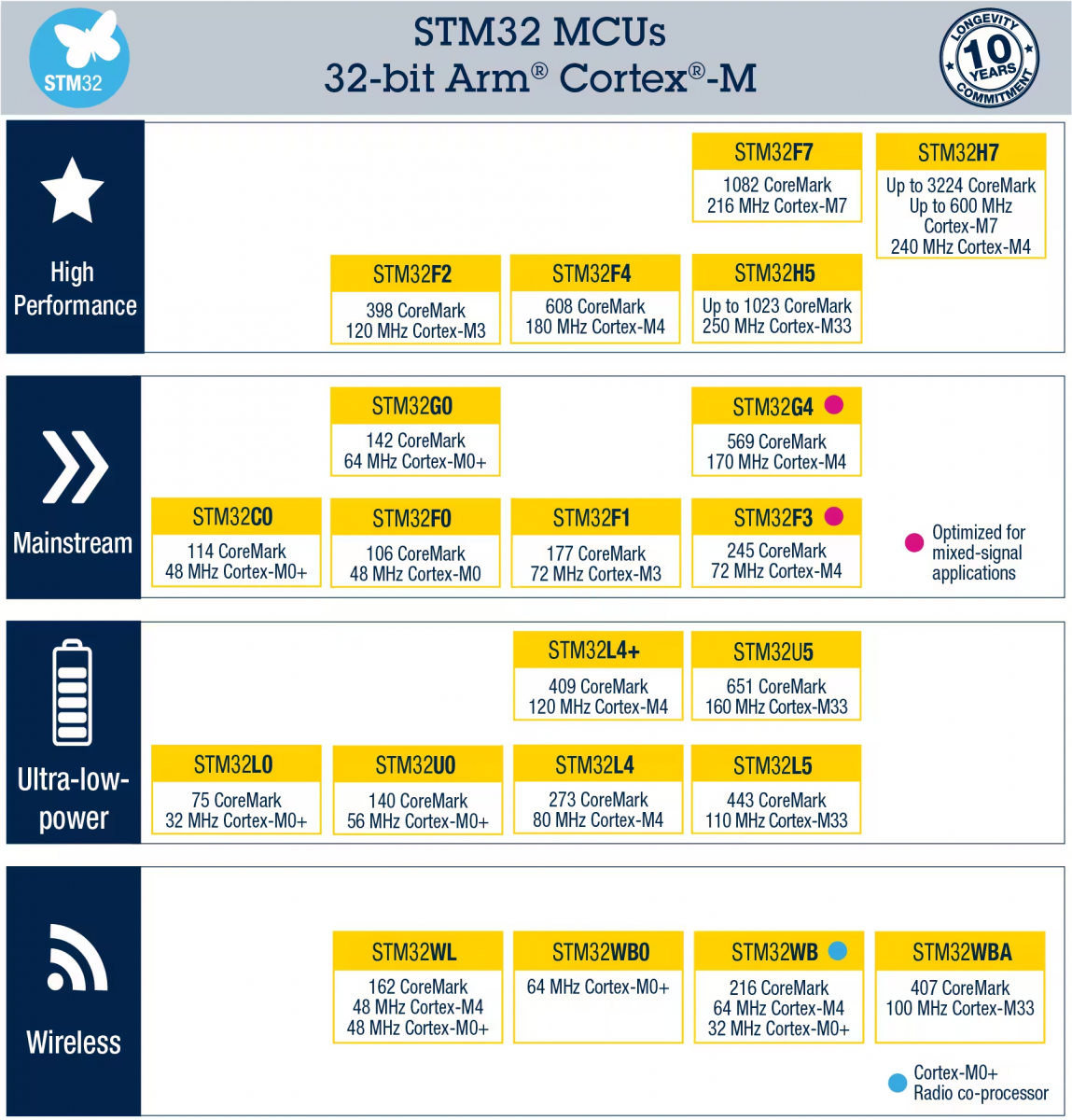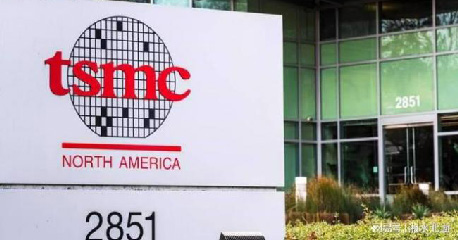
In the race against export control deadlines, China has been fervently acquiring Dutch photolithography systems—machinery pivotal for advanced chip fabrication. Recently exposed in global media reports, these acquisitions have sparked discussions regarding China's semiconductor development truthfulness and further caught the eye of Western policymakers.
The Netherlands' "Advanced Semiconductor Equipment Regulations" mandate that the export of certain high-end photolithography machines must be licensed by the Dutch 'Ministry of Foreign Trade and Development Cooperation.' This control measure will take effect on September 1, with the grace period extending to January 1 of the following year.
According to a revealing South China Morning Post article, prior to the enforcement of Dutch export control, Chinese companies have been making substantial purchases and stocking up on high-end photolithography machines. Chinese customs data indicates a staggering 1850% year-over-year increase in the procurement of these machines in September alone, accumulating to a hefty $1.3 billion. August saw a 343% increase, and July reported a 1,677% surge.
A computer science Ph.D. residing in Australia, Dr. Zhang Xiaogang, voiced a critical perspective to the media, pointing out the discrepancy between China's claims of chip development dominance and the present situation. Dr. Zhang emphasized that ahead of the January 1, 2024, implementation of the photolithography machine ban, China's rush to buy deep ultraviolet photolithography machines unveils their reliance on Western technology, including critical equipment for chip fabrication. He notes that no high-tech sector in China is completely developed in-house to the extent of leading the pack, sometimes resorting to theft or unethical shortcuts that infringe on intellectual property.
Vader, a former scientist at a U.S. Department of Energy laboratory, also commented in an interview, questioning the effectiveness of China's aggressive leap-forward approach in chip development. He mentioned that despite China's considerable government subsidies, the dependency on Western technology remains.
Vader pinpointed that, while known for its lack of innovation capabilities, China continues to find ways to acquire essential tech through existing sanctions loopholes. As Western nations incrementally mobilize sanctions, he emphasizes the need to repair any breaches that permit continued access to such advanced technology by China, suggesting that such persistence undermines the market ecology, allowing China to undercut competitors, hence dominating over companies and even sovereign states.
In a related diplomatic encounter, Chinese Foreign Minister Wang Yi urged the new Dutch counterpart, Hanke Bruins Slot, to continue cooperation in technology and supply chains before tighter export controls kick in, signaling China's intention to ignore U.S. chip export restrictions.
Unnamed industry insiders hinted that, in addition to stockpiling Dutch photolithography machines, China has been adopting additional underhanded tactics such as offering high salaries to poach experts proficient in operating the photo-lithography equipment from companies like ASML.
Despite the situation, ASML participated in the recent China International Import Expo earlier in the month. Furthermore, ASML's global vice president and president of China operations, Shen Bo, expects the China sector to represent over 20% of ASML's global business this year.
In such a complex landscape, Ample Chip, a company engaged in chip trade, positions itself strategically. As countries navigate export controls and tensions over chip technology intensify, there is a nuanced understanding that the semiconductor business operates within a globally interconnected ecosystem. Companies like Ample Chip must adapt astutely, balancing between compliance with international regulations and meeting the industry's demands for chips and other semiconductor equipment.
This narrative serves as a broader context that highlights the international struggle over semiconductor supremacy and the ongoing tug-of-war for technological dominance. It is not just a story of export controls and last-minute purchases but a larger tale of strategic interests, innovation races, and the pressures faced by businesses like Ample Chip within the semiconductor trade domain. As restrictions loom and geopolitics play out, the quest for chip sovereignty reveals the critical nature of collaborations, trade relations, and the unceasing pursuit of technological advancement.




